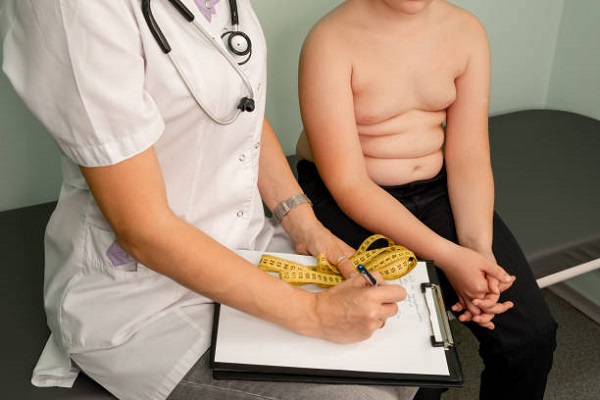Tackling Childhood Obesity: Causes, Effects, and Solutions

Childhood obesity is a growing concern worldwide, with significant implications for the health and well-being of children. This condition, characterized by excessive body fat, can lead to numerous health issues, both immediate and long-term. September was National Childhood Obesity Awareness Month, a time dedicated to raising awareness about this serious public health issue. However, it’s important to understand that addressing childhood obesity is crucial all year round. Community Quick Care, a clinic offering a range of services including physicals, well-child checks, sports physicals, lab testing, and glucose testing, plays a crucial role in addressing this issue.
Childhood obesity can have severe physical and psychological effects. Physically, it increases the risk of developing conditions such as type 2 diabetes, high blood pressure, high cholesterol, and asthma. Obese children are also more likely to suffer from joint problems, sleep apnea, and fatty liver disease. Psychologically, obesity can lead to low self-esteem, depression, and social isolation. These issues can affect a child’s academic performance and overall quality of life.

Why Childhood Obesity Happens
Several factors contribute to childhood obesity. One of the primary causes is an imbalance between calorie intake and expenditure. Children today consume more high-calorie, low-nutrient foods and engage in less physical activity than previous generations. Genetic factors also play a role; children with obese parents are more likely to become obese themselves. Additionally, environmental factors such as lack of access to healthy foods and safe places to play can contribute to obesity.
Treating Childhood Obesity
Addressing childhood obesity requires a comprehensive approach. Community Quick Care offers several services that can help manage and prevent obesity in children:
- Glucose Testing: Monitoring blood sugar levels helps in managing and preventing type 2 diabetes, a common complication of obesity.
- Physicals and Well-Child Checks: Regular check-ups allow healthcare providers to monitor a child’s growth and development, identify early signs of obesity, and provide guidance on maintaining a healthy lifestyle.
- Sports Physicals: Encouraging physical activity is crucial in combating obesity. Sports physicals ensure that children are fit to participate in physical activities, promoting an active lifestyle.
- Lab Testing: Identifying underlying causes of obesity, such as hormonal imbalances or metabolic disorders, is essential for effective treatment. Community Quick Care offers comprehensive lab testing to diagnose these issues.
Community Quick Care’s Role
Community Quick Care is dedicated to providing personalized care to each child. Their team of healthcare professionals works closely with families to develop tailored plans that address the unique needs of each child. This includes nutritional counseling, exercise recommendations, and behavioral therapy to promote healthy habits.
In addition to medical interventions, Community Quick Care emphasizes the importance of community involvement. They collaborate with local schools and organizations to create programs that encourage healthy eating and physical activity. By fostering a supportive environment, they aim to reduce the prevalence of childhood obesity and improve the overall health of the community.
Conclusion
Childhood obesity is a complex issue that requires a multifaceted approach. Community Quick Care is committed to addressing this challenge through comprehensive medical services, personalized care, and community engagement. By working together, we can help children lead healthier, happier lives.

